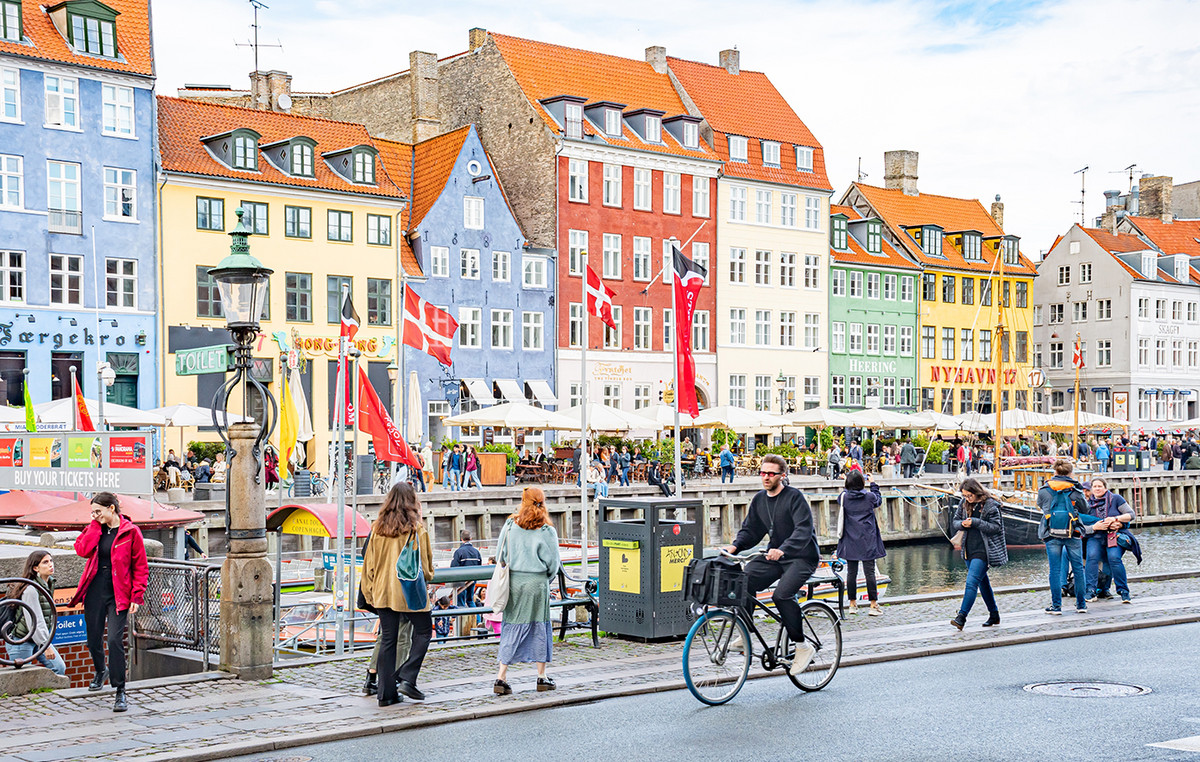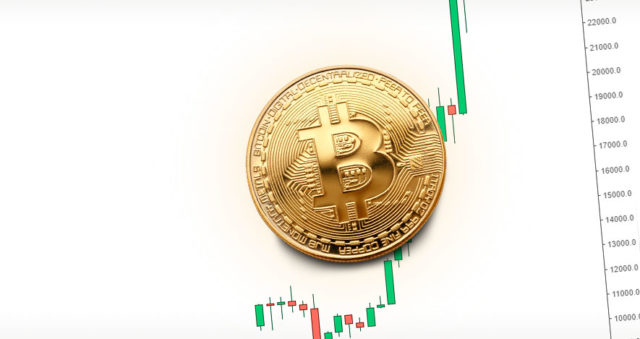Most of the US population continues to take precautions to protect against the risks of Covid-19, and nearly 4 in 10 Americans think they will continue to do so for the foreseeable future, according to new research by CNN conducted by the SSRS company.
More than half, 55%, say their coronavirus risk remains high enough that they think they still need to take extra precautions in their daily lives.
Among respondents, 38% predict they will continue to take these extra precautions in the future, with only 17% believing they will eventually feel secure enough to return to their pre-pandemic habits.
Another 45 percent say they already feel safe enough to go about their daily lives in much of the way they were before the pandemic, up from 36 percent in a survey conducted between late August and early September.
This split in Americans’ approaches to Covid-19 reflects a broader split in views of how the country should deal with the pandemic, the survey concluded.
Those who are still taking precautions are also broadly supportive of mitigation policies put in place by government or other institutions: 72% believe the government has a role to play in limiting the spread of Covid-19, 70% consider vaccination requirements a acceptable way to increase vaccination rates and 74% are in favor of mask requirements in indoor public spaces.
Among the smaller portion that returned to their normal pre-pandemic state, 66% consider vaccination requirements a violation of personal rights, 82% believe mask use should be optional, and 65% believe the government cannot effectively limit vaccination. spread of the virus.
The dwindling minority who remain unvaccinated are less likely to say they are incorporating the pandemic into their lives in other ways.
Two-thirds of unvaccinated adults say they are currently not taking any precautions against coronavirus, compared with 39% of those who were vaccinated.
The results come amid widespread but declining concerns about the virus.
A 62% majority of Americans still say they are at least somewhat concerned about the coronavirus pandemic in their communities – 22% say they are very concerned, down from 41% in a poll conducted in August and early September.
Approximately 62% of Americans say the pandemic was a factor in making vacation plans this year, but only 30% consider it a major factor.
Even among those who say they are currently taking precautions with Covid-19, less than half say the pandemic was a major factor in their plans.
Overall, a majority of 55% of Americans say they believe the government can take effective steps to limit the spread of the coronavirus, while 44% say the government cannot effectively limit the spread of the coronavirus.
About 4 in 10 say the US government is doing the right thing to control the spread of the coronavirus in the country, in contrast to the vast majority who say they want more government action on some economic issues and violent crime.
A quarter say the government is doing too much and another 34% say it is doing too little.
President Joe Biden currently has a 54% approval rating for dealing with the pandemic, higher than his overall approval rating and well above his numbers on other issues, including the economy.
About half of Americans, 49%, say they are somewhat or very confident that Biden will make the right decisions about treating new variants of the coronavirus, with 51% expressing confidence in their state governments.
More people trust people in their communities (58%) and the Centers for Disease Control and Prevention (68%) to deal with variants, while less trust Congress (35%).
Only 31% of Americans say they are very confident in the CDC, with even fewer expressing high confidence in any of the other people or institutions listed.
Only 21% are very confident in Biden, 14% in their state governments, 11% in their communities and just 6% in Congress.
Just over half of the public, 54%, say that requiring proof of Covid-19 vaccinations for everyday activities outside the home is an acceptable way to increase the vaccination rate rather than an unacceptable violation of personal rights.
In September, 51% similar considered such mandates acceptable.
A large majority of the public favors the federal government’s efforts to enforce new workplace vaccine rules that include an alternative testing option.
Six in ten say they would support forcing companies with 100 or more employees to require their employees to be vaccinated against the coronavirus or to be tested for the virus at least once a week.
Half of the survey respondents were asked how effective Covid-19 vaccines are overall, while the other half were asked how effective they are against serious illness and hospitalization, and the survey suggests little difference in perceptions of vaccine effectiveness anyway .
A majority of 80% of Americans say that, based on what they have heard, read and seen, vaccines in use in the United States are somewhat or very effective, with 76% similar saying they believe they are effective against serious illness and hospitalization, specifically.
A majority of 82% of all respondents believe the shots are safe.
Only 34% of unvaccinated adults say they consider the vaccines even somewhat safe, and an average of just 31% of the combined results of the two efficacy questions think they are even somewhat effective, reflecting the challenging level of resistance among the remnants.
In contrast, 95% of those vaccinated think the vaccines are safe and 91% consider them effective.
Americans are virtually divided in their preferences regarding mask requirements in indoor public spaces such as stores, workplaces, movie theaters and restaurants.
About half, 49%, say that everyone should be required to wear a mask in these environments, while 51% say people should be able to choose whether they want to wear a mask.
Measurements of public appetite for specific Covid policies can vary slightly from survey to survey, depending on the specific structure.
In a Monmouth University poll also released this week, 46% of Americans supported a requirement that people present proof of vaccination to go to work in an office or other public setting, up from 51% in November.
A 55 percent majority of Americans in that poll wanted face masks and social distancing guidelines to exist in their states.
In a new Axios-Ipsos poll released last Tuesday, 64% of Americans favored state or local mask mandates, and 54% of those in employment supported vaccine mandates in their own workplaces.
The vote, however, consistently found divisions along party lines.
In researching the CNN, three-quarters of Democrats believe the government can take effective action against the pandemic, compared with just a third of Republicans who say the same.
A majority of 82 percent of Democrats, compared with 48 percent of independents and 26 percent of Republicans, say they find vaccine mandates acceptable.
There are also divisions within each party, finds the survey of the CNN.
Democrats 45 and older are 10 percentage points more likely than younger Democrats to say that mandates for everyday activities are an acceptable way to increase vaccination rates, with a similar split of 11 points among more independents. young and old.
Republicans 45 and older are 13 points more likely to say the same than younger Republicans.
On the GOP side, self-styled moderate or liberal Republicans are 31 points more likely to deem acceptable terms of office than conservative party members.
More than three-quarters of US adults have received at least one dose of a coronavirus vaccine, and 36% say they have also received booster shots, the survey found.
The research of CNN is one of several recent polls to find that Americans are being boosted at a higher rate than CDC data suggests.
As the agency itself recently acknowledged, its numbers likely overestimate the number of Americans who received the first doses, while underestimating the proportion that received boosters, mainly because records for additional doses are not always correctly listed.
Those who have been vaccinated and have not yet received a booster seem less than eager to get an additional booster.
About a third of adults say they haven’t even tried to schedule booster shots, while 6% report that they make appointments and another 4% have tried but failed to schedule them.
This content was originally created in English.
original version
Reference: CNN Brasil
I’m James Harper, a highly experienced and accomplished news writer for World Stock Market. I have been writing in the Politics section of the website for over five years, providing readers with up-to-date and insightful information about current events in politics. My work is widely read and respected by many industry professionals as well as laymen.







